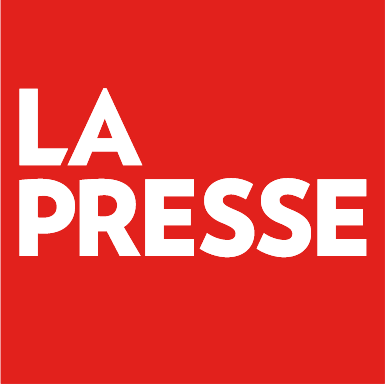
Company: Éducazoo
Sector of activity: Activity and educational service with animals
Her commitment
Aligned with UN sustainable development goal 8 (decent work and economic growth)
“With my business, I have the chance to build a better world, one activity at a time.”
– Joanie Asselin, biologist and CEO of Éducazoo
A scientist defending biodiversity
Outreach that touches young and old
For the past 20 years, Éducazoo has enabled the public to familiarize itself with domestic and exotic animals in an ethical, safe context, and to understand their important role in our biodiversity. This relationship building has the effect of not only informing and satisfying the curiosity of participants, but also of prompting them to respect and protect species that may be vulnerable and, in the end, to behave responsibly with all animals. We are familiar with the program of educational activities offered in daycares, schools, and private parties, but the outreach of Éducazoo workshops doesn’t stop there. There are also zootherapy sessions, with their proven benefits for general well-being and mental health, conducted with seniors, children on the Autism spectrum, and people with a physical disability or cognitive problems.
Protect Québec’s ecosystem and fauna
Joanie Asselin defines Éducazoo as a social enterprise, because its activities and workshops finance its two sanctuaries, one in Terrebonne and the other in Québec City, recently opened to the public. These facilities house 90 species and over 600 animals – the vast majority of which have been abandoned – in suitable settings that become their home for life. The sanctuaries also act as a refuge, complementing the SPCA, welcoming reptiles, birds, and exotic mammals that the SPCA cannot accommodate. Éducazoo prevents their introduction into nature, which could have serious repercussions on Québec’s ecosystems and fauna. Workshops on the subject are developed to educate the public about adoption – not to be done on a whim – and the consequences of abandonment.
The circular economy at the sanctuary
Joanie Asselin and her team of biologists put into practice circular economy principles to minimize the environmental footprint of their refuges. A partnership with a grocer gives them access to fruits and vegetables to feed animals, and another partnership, with apple-growing centres, is a source of apple tree branches to sharpen the teeth of rodents. Plus, snails and other decomposer species are used to produce natural compost. The reuse of by-products is also part of the operation: administrative paperwork becomes litter for parrots, and delivery boxes become toys for animals.
Preventing poaching
A partnership with Environment Canada enables Éducazoo to have products from poaching seized at customs. These elephant tusks, snake skins, turtle shells and furs are used and handled as part of activities to educate the public about the ravages of illegal hunting and the risk it poses for animal populations, particularly those facing extinction.
Openness, passion, and compassion
“Education is the most powerful weapon you can use to change the world.” This quote from Nelson Mandela guides Joanie Asselin and her team, who will readily say that when we spend time with animals and become familiar with their behaviour, we discover everything they have to teach us. An openness to, passion for, and compassion toward animals are absolute prerequisites, more than degrees or experience, to leading workshops and, ultimately, carrying on Éducazoo’s mission. This is what explains the highly diverse, close-knit team, made up of people of all ages and profiles, including interns, students, and retirees, who share a love of animals.
You too can move from words to action and make a commitment!
We have 1001 reasons to want to see our society and economy evolve to be more respectful of people and the planet.
Sign the declaration of agents of change and get free access to training on having an impact as a business.







